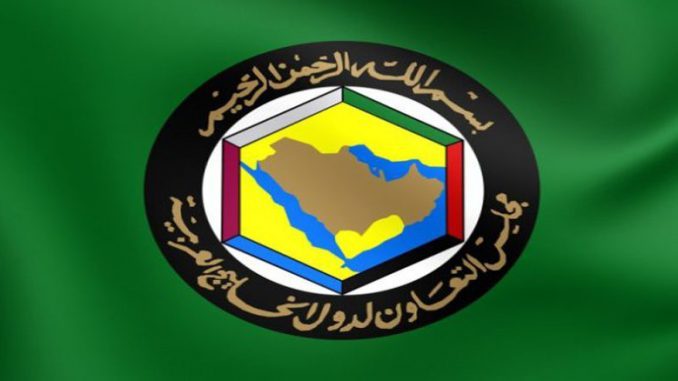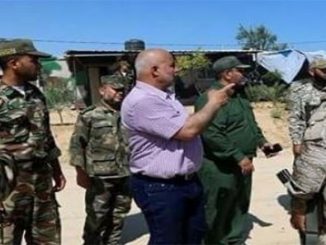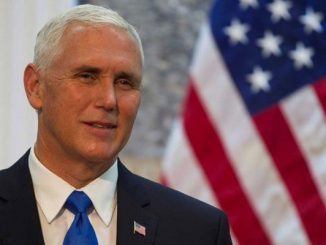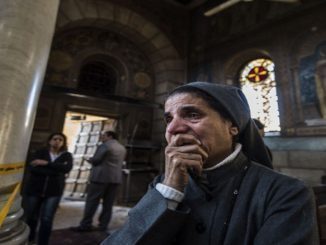
The Gulf Cooperation Council (GCC) countries have expressed their discontent with the involvement of Qatar’s name in the bombing of St Peter church in Cairo, considering it as “unacceptable”.
In this context, Abdul Latif Al Zayani-the Secretary General of the six-member GCC, said, “The rush in releasing statements without checking them, will affect the strong relations between Egypt and the GCC.”
Al Zayani also stressed that Egypt’s allegations were false and ignored the “sincere efforts of the state of Qatar in cooperation with the GCC countries to fight terrorism and extremism on all levels.”
He also stressed that “Communication is crucial in these security matters, through official channels to ensure accuracy before releasing publications or statements related to terrorism crimes as it harms the relations between the Arab countries.”
He also added that “the stance of the GCC countries regarding terrorism is fixed and known, and they have condemned the crime of bombing St Mark’s Cathedral Church in Cairo; they also stressed their support to sisterly Egypt in its effort to countering the terrorist organizations as Egypt’s security is the same as the security of the GCC countries.”
Following the deadliest attack on St. Peter’s Church, the Egyptian Interior Ministry stated that Mohab Mostafa El-Sayed Kassam, the alleged mastermind of the attack had traveled to Qatar in 2015 where he joined members of the Muslim Brotherhood group which was outlawed by the Egyptian authorities following a 2013 military coup.
Egypt’s ministry of interior issued a statement confirming that the defendants in bombing the church have traveled to Qatar that provided them with financial and logistical support in order to harm Egypt’s national security and create divisions in society.
Last Sunday, a bomb targeted worshipers near St Mark’s Cathedral, the main Coptic church in central Cairo.
A bomb blast has killed at least 25 people during Sunday mass inside a Cairo church near the main Coptic Christian cathedral.
For its part, the Qatari Foreign Ministry declared that the claims by the Egyptian authorities were aimed at “covering up failures by authorities in Egypt”.
Ministry Spokesman Ahmed al-Rumeihi said in a statement carried released by Qatar’s official news agency that the allegations served to “strain relations between the brotherly peoples” of Egypt and Qatar.
Al-Rumeihi also said that Kassam had visited Qatar in late 2015, “in accordance with legal regulations applied in Qatar, as do hundreds of thousands of people who enter Qatar for business or tourism”.
Kassam had left the Gulf country in February of this year, according to his words.
Al-Rumeihi said reiterating his country’s rejection of terrorism that “The Qatari authorities did not receive any request from the Egyptian security authorities or Arab or international police to deny [Kassam] entry into Qatar or arrest him.”
He said, “Qatar does not tolerate any attempt to harm the security of the brotherly Egyptian people.”
However, the Egyptian Foreign Ministry also denounced the Gulf Cooperation Council’s position on Egypt’s statements following the bombing of St. Peter and St. Paul Church in a statement on Friday.
The Egyptian-Qatari relations have soared since the military coup as the Egyptian authorities accused Doha of harboring members of the Muslim Brotherhood.



